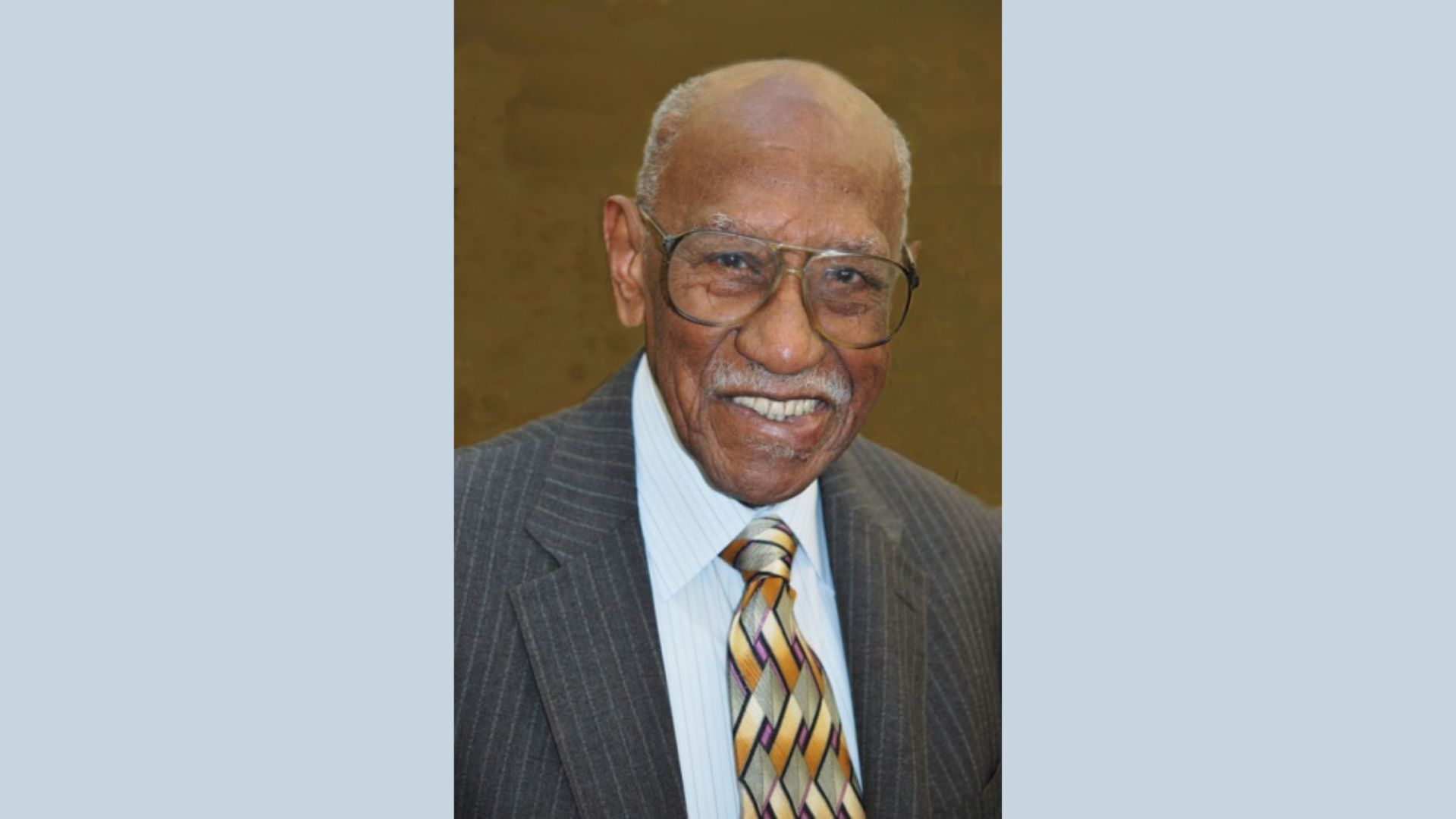

Dr. Tim Black (Interview #2, 2020)

In this Oral History Timuel Black offers a reflection on his life and gives advice to those who come after him. He shares lessons learned from post-enslavement south, The Great Migration, and how he learned about becoming a leader in the community through the lives of his family and neighbors growing up. Their faith, hope, and love, and the obligation in their belief for the future. Dr. Black leaves a number of gems for how to conduct an oral history interview, how to live an optimistic life, and why living one’s life with an obligation to other bestows purpose.
Dr. Tim Black (Interview #2, 2020)
Good, even sound throughout the recording.


